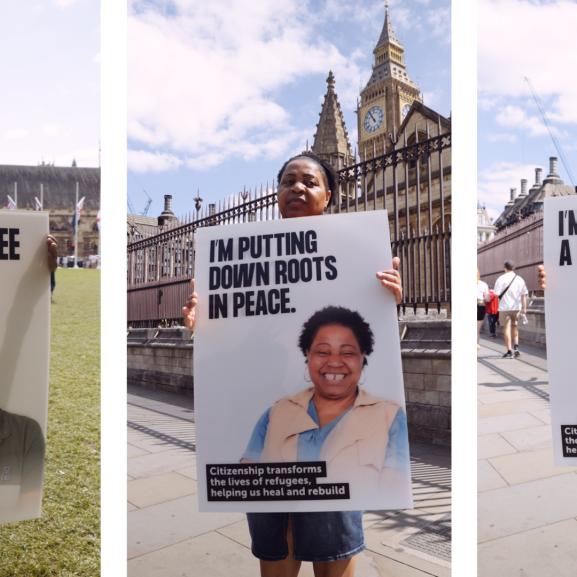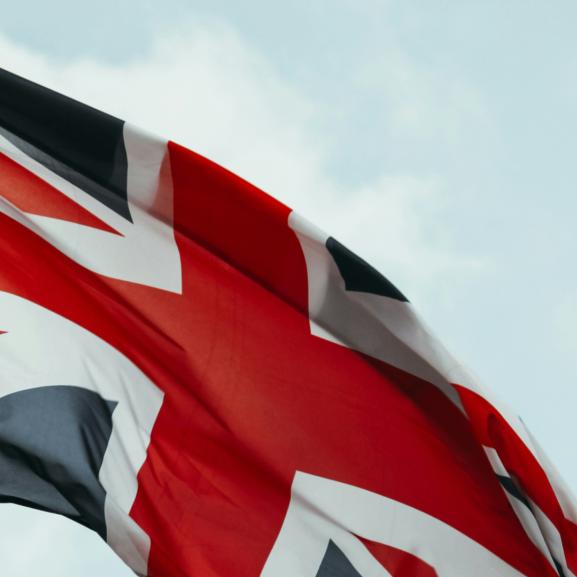Home Office accused of breaking pledge to torture victims
A charity that provides help to victims of torture and organised violence has accused the Home Office of ignoring a pledge to look sympathetically on asylum seekers with a history of torture.
The July 98 White Paper Fairer, Faster and Firmer said that a history of torture would "weigh strongly" in favour of an asylum seeker being given temporary admission into the UK while their claims were assessed.
However, the Medical Foundation for the Care of Victims of Torture has recorded eleven cases where instead of being allowed their freedom, torture victims have been detained in mainstream prisons.
Holding asylum seekers in prison, where they are forced to mix with people accused of serious criminal offences, conflicts with the Government's own policy as stated in the same White Paper. It is also contrary to guidelines from the United Nations High Commissioner for Refugees, and recommendations from the European Committee for the Prevention of Torture, the monitoring body established by the Council of Europe to ensure compliance with the European Convention for the Prevention of Torture.
In each of the eleven cases, the asylum seekers were imprisoned - on average for just over 9 months, but in one case for more than 20 months - despite giving evidence of torture during initial interviews with immigration officers about their reasons for fleeing into exile.
Medical examination by Foundation doctors found that each of those held had scars - some a dozen or more - and other marks on the body fully consistent with the account of torture. One man had 32 scars, although when he was screened on arrival at prison, the word Nil was entered in the section headed "Abnormalities, scars etc.'
In only one instance was an asylum seeker quickly freed after being examined by a Foundation doctor. The others remained in prison for months after a medical report from the Foundation had been prepared.
All the victims, from sub Saharan Africa, north Africa, the Middle East and the Indian sub continent, had suffered beatings in their country of origin. Five had been sexually assaulted, four of them suspended in contorted positions, three had suffered burning, two had endured semi-suffocation and one had been tortured with electricity. In some cases mock executions were also carried out.
Held in a number of British prisons - including Belmarsh, Rochester and Wandsworth - upon release: three were given either full refugee status or exceptional leave to remain; three received temporary admission; two were allowed to stay in Britain after a court ruled that there was a chance they would be tortured if returned home; one was deported; and one is still detained.
Foundation research officer Mary Salinsky said yesterday : "The Medical Foundation welcomed the pledge in the White Paper and anticipated that it would be upheld through regular reviews of detention cases which were introduced by the subsequent Immigration and Asylum Act.
"But this has not been the case. We see no evidence of medical documentation of torture having any impact on how long a survivor of torture is detained. It appears the Home Office is making a mockery of its earlier undertaking.
"All the cases involved showed some degree of mental distress, although this varied across a wide spectrum, from tearfulness when describing torture to a clear psychiatric illness. Feelings of distress and isolation were compounded by being held in a prison with those convicted of, or charged with, serious criminal offences.
"All this raises several questions. Does the undertaking in the White Paper have any value now? Similarly, does the Home Office commitment to regularly review detention cases actually mean anything? There are simply no satisfactory mechanisms in place to hold the Government to its word."
For More Information Please Contact Freedom from Torture's Press Office 0207 813 3445





